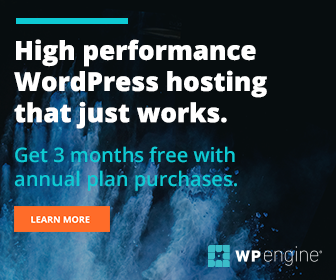How to Choose a CMS
1. Who are you choosing the CMS for?
One of the most important questions you can ask is who you are creating the website for? Is it your own website, or a small church organization, or a multinational corporation? Each of these groups will have inherently different needs.
If you are designing the website for yourself, then it comes down to a lot of personal preference. What do you like? How do you want it to work? You basically get to decide your own process of publishing content, which gives you a lot of freedom! For example, if you’d rather scale down and save out your pictures in Photoshop instead of having the CMS automatically do it, that’s just fine! If you don’t mind going through a few extra steps to accomplish tasks, or you have the knowledge to do them faster.
It is more often the case that you are choosing a CMS so that other people can update and edit the website as well. These people may, or may not, have any technical knowledge of how websites run. This changes everything. You need to be able to step outside of your own perspective and be able to view the system as someone who hasn’t a clue about php, css, xhtml, using Photoshop, or whatever. They probably still double click links on the web, and we know that drives you nuts. Will it make sense to them?
How big the organization that is going to use the CMS system affects your decision a lot. How many people do you expect to be using it? Do they need different levels of access? Sometimes in smaller CMS’s there is only one level of access: the administrator. They can see and change everything. The last thing you want is somebody mucking around with features and settings that they do not understand, or making design decisions that only designers should make.
Some CMS’s have more controls like administrators and editors, but even this may not be enough. Editors can usually change any of the content all over the site. Is your organization broken into sections that only should be able to access content that relates to their jobs?
Finally, it’s important to consider the size of their organization for security reasons. Web-based CMS’s are known to have some security breaches from time to time. Meaning, the website could potentially get hacked. If you are a huge corporation (or if you have lots of enemies!), you’re going to need a system with higher security, because it matters a lot more. If you’re creating a website for the church down the street, it probably won’t be as big of a deal. Commercial systems will generally have better security than open source ones. Websites that handle any kind of monetary transactions will need higher security.
Next Section: What are the project needs?
